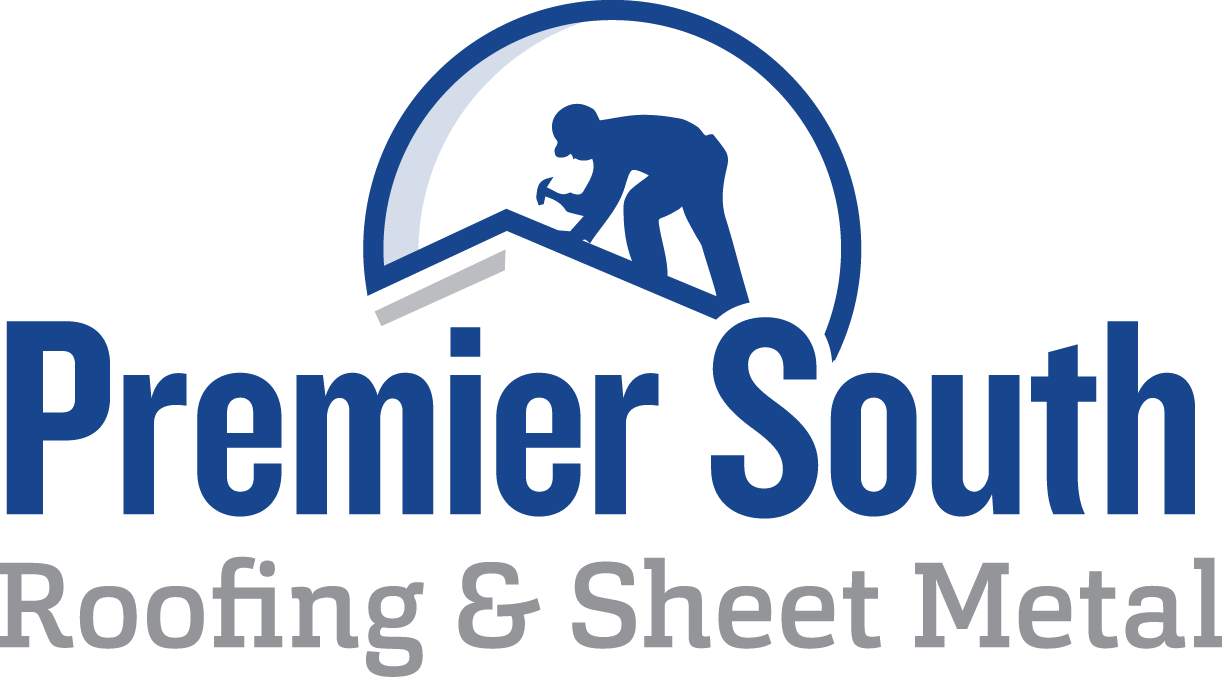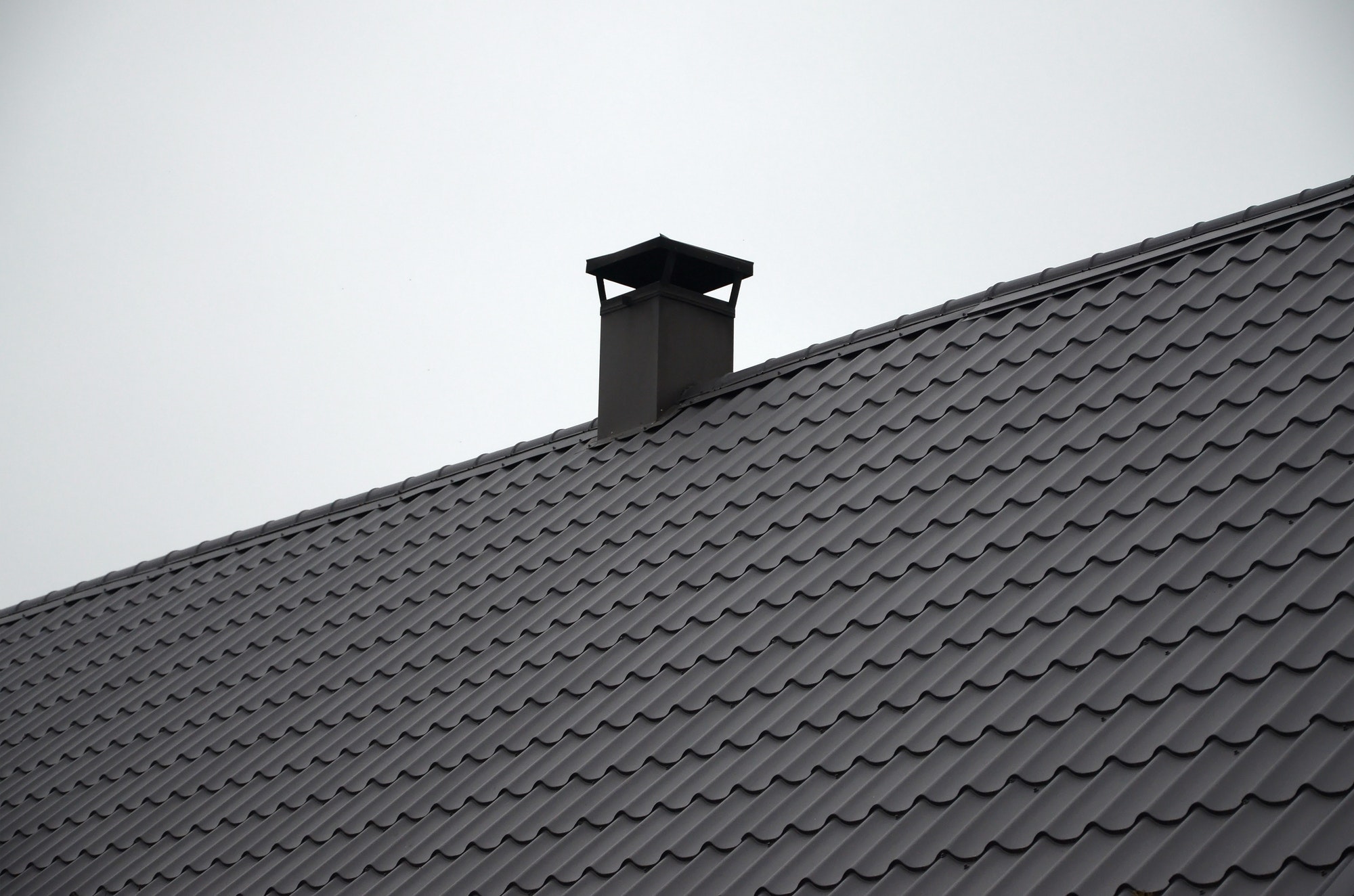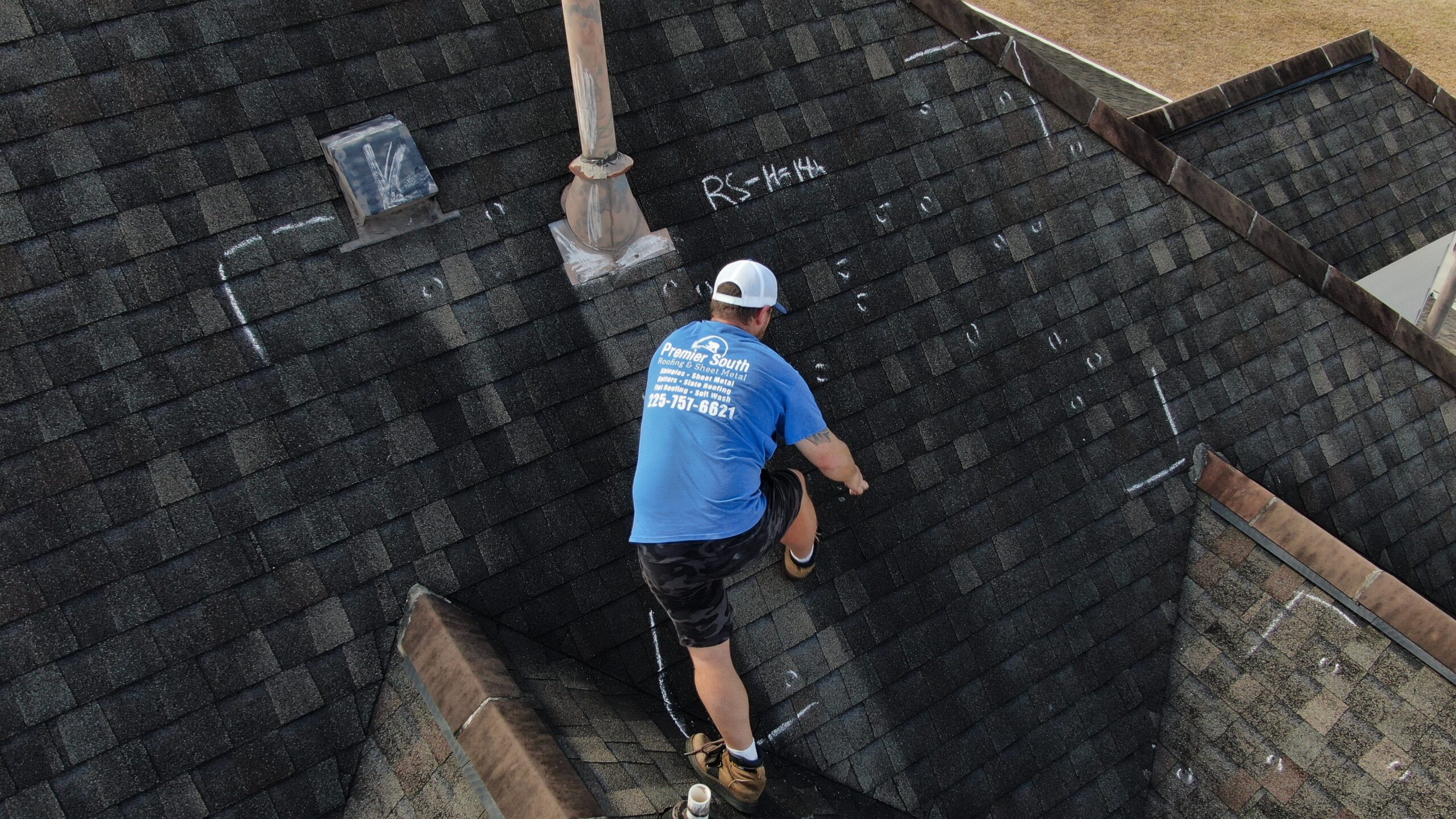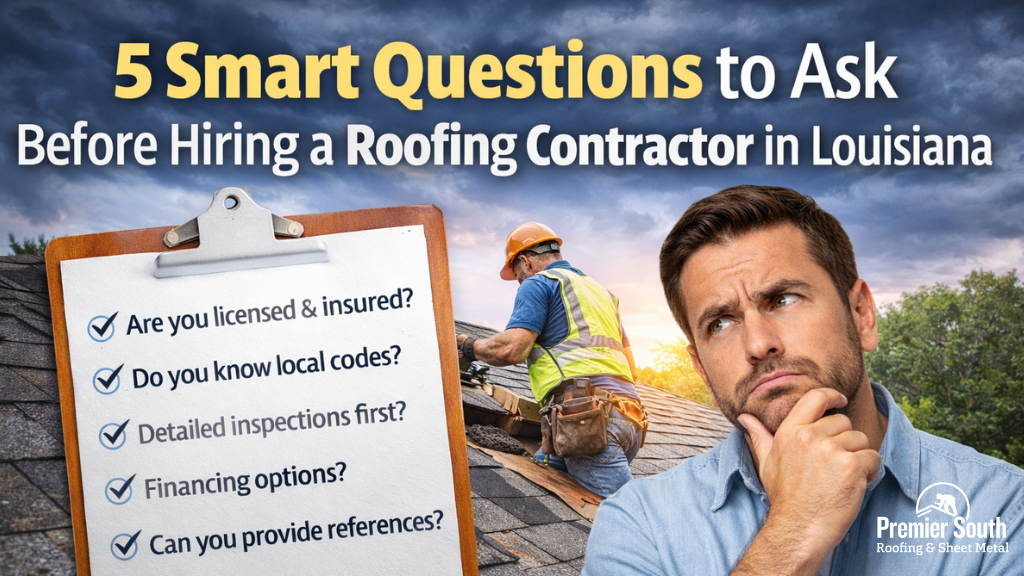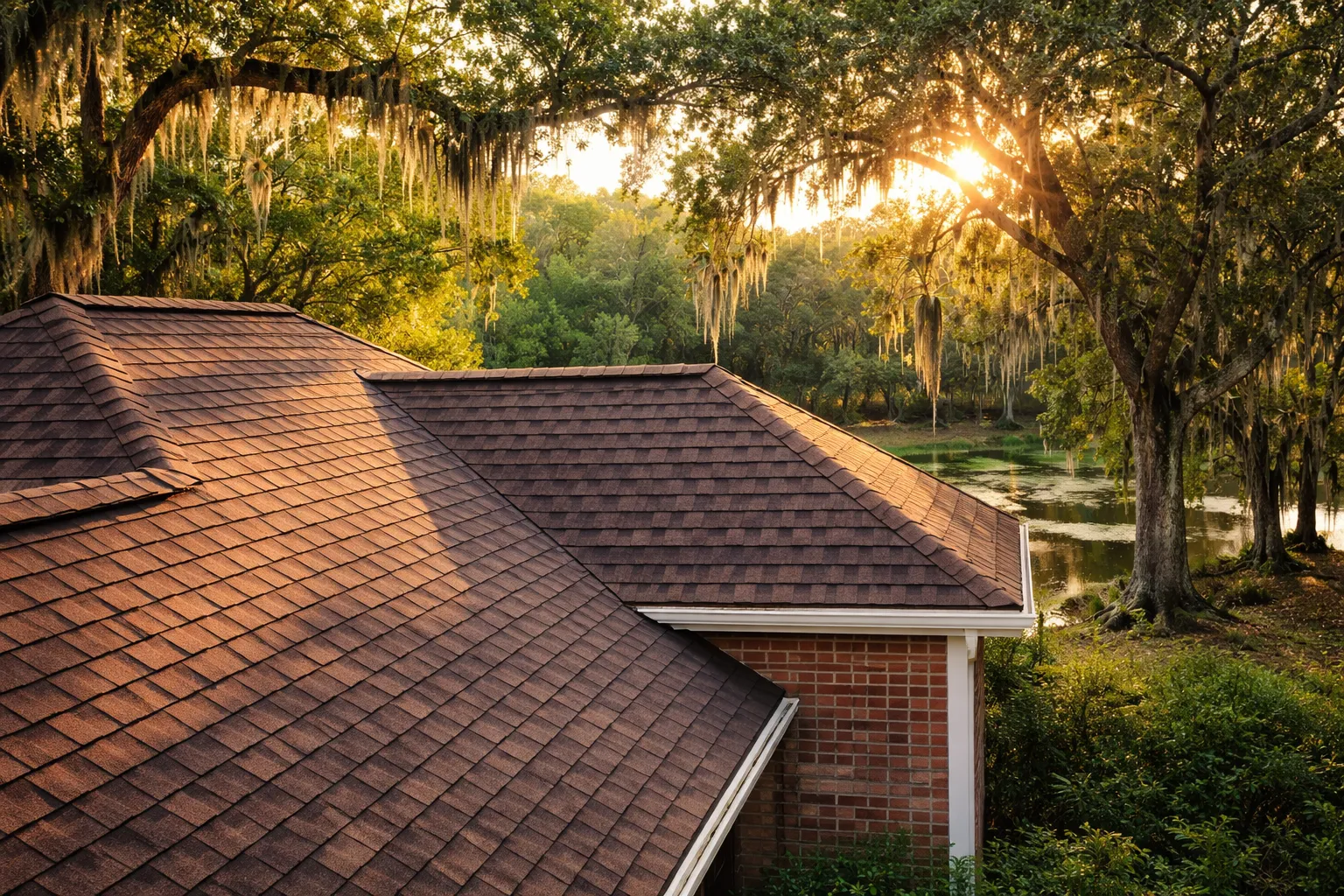FORTIFIED roofs are made with intent to withstand extreme weather conditions such as wind, hail, and rain damage. Overall, these roofs are stronger and more resilient than your usual conventional roof. A FORTIFIED roof must follow a specific set of construction standards using the recommendations of the IBHS (Insurance institute for Business & Home Safety).
Why Buy a Fortified Roof?
A roof’s structural integrity plays a critical role in the protection of external elements such as tornadoes, hurricanes, or even severe thunderstorms that bring strong winds. This type of exposure can cause significant damage to your home both internal and external. Having your roof upgraded or replaced with FORTIFIED specifications will set preventive measures in place instead of repair-based solutions after the damage has been done.
A FORTIFIED roof will save money on future repairs and rebuilding expenses. It can also qualify for insurance policy discounts and tax deductions. Insurance companies save on long term expenses, such as roof repair/replacement, interior damage and/or loss of personal contents. FORTIFIED designations are renewable every five years, so you can continue to receive insurance benefits indefinitely.
The upfront costs of a FORTIFIED roof can be paid back quickly through lower insurance payments, tax credits, and lower repair bills. It will also increase your home’s value when placed on the market for sale.
The FORTIFIED Home construction practices to give homeowners peace of mind and a stronger structure to weather future storms.
What’s the Difference Between a Fortified Roof & a Conventional Roof?
Traditional roofing consists of three components: the roofing material or shingles, underlayment, and sheathing. The roof’s outer layer consists of a roofing material that shields against the outdoor elements. Below is an underlayment providing an added defense against water penetration. Last, the roof deck which provides the structural integrity to these layers. This level of protection is sufficient under normal weather conditions, but not during extreme weather such as torrential rainfall, hail, or hurricane force winds.
Opposed to a FORTIFIED roof which is designed to withstand the wrath of mother nature’s rain, wind, and or hail. FORTIFIED is also backed by scientific research and the IBHS.
FORTIFIED Roofing Advantages:
- Improved Deck Attachment: One of the primary requirements of a FORTIFIED roof is the attachment technique utilized on the roofing deck. Compared to a standard roof, which uses smooth nails during construction, a FORTIFIED roof utilizes ring-shank nails installed in a particular pattern, for added strength. Thus, reducing the chances of blow-offs during high winds or hurricanes, safeguarding your roof.
- WEATHERPROOF sealed Roof Deck: A properly sealed roof deck acts as another layer of protection. If wind rips off shingles, metal panels or tiles, it exposes the wood beneath to the outdoor elements. Sealing not only provides that extra layer of protection but also minimizes the potential of interior damage in the case of leaks.
- Stronger Roof Edges: Roof damage often begins when wind gets under the roof edge and begins to tear away from the home. FORTIFIED requires specific installation and materials that when used in combination create a more robust system. Stronger roof edges minimize the chances of material uplift during storms, protecting your home from tear-offs.
- High Impact-Resistant Shingles: In areas prone to hail, homeowners are encouraged to buy FORTIFIED high-impact shingles providing an extra layer of protection. These shingles are made to withstand falling debris and hail without compromising the integrity of the roof.
- Reduced Insurance Premiums: FORTIFIED roofs can yield substantial cost savings over time by reducing insurance premiums, simply by protecting your home with less risk of damage.
Looking for a FORTIFIED roof in Louisiana? Contact Premier South to get a free estimate.
